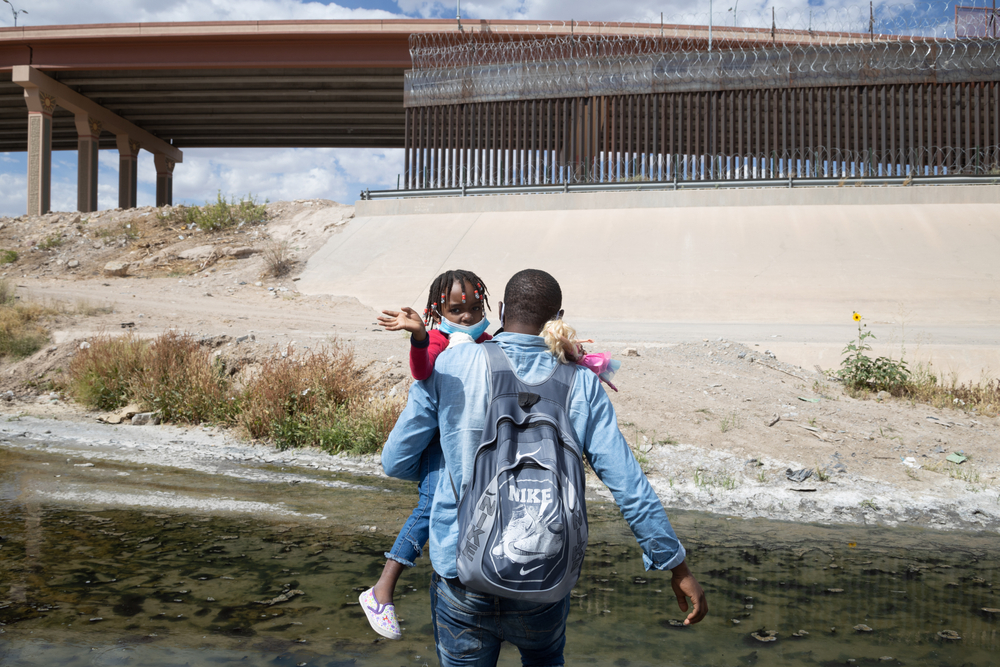The executive board of the International Monetary Fund (IMF) on Monday confirmed the approval of USD 105 million in aid to Haiti by way of the institution’s Food Shock Window of the Rapid Credit Facility — a tool used to provide rapid financial assistance to low-income countries.
According to the IMF, the money will help the stricken Caribbean nation “address urgent balance of payments needs related to the global food crisis.” Currently, the Western Hemisphere’s poorest country has “more than half of its population already below the poverty line,” while fiscal gaps are expected for 2023, the organization says.
Furthermore, the economic spillover from the war in Ukraine have left the country facing a “dire humanitarian crisis,” exacerbated by record-high inflation that “worsened Haiti’s fragility and compounded the suffering of Haiti’s population already affected by severe malnutrition,” according to the IMF’s deputy managing director and acting chair Antoinette Sayeh.
Haiti’s financial crisis also stems from the global post-pandemic hangover that severely affected Latin American countries, with 7.8 percent of the region facing a hunger epidemic between 2019 and 2021.
The current scenario is also fueled by the country’s disastrous socio-political context, a crisis that went a step further after the assassination of President Jovenel Moïse in 2021. Since then, Haiti has been wracked by violence, street protests, and a recent cholera outbreak that more than 500 people in four months. Meanwhile, the capital, Port-Au-Prince, is increasingly controlled by armed gangs.
This week, UN Secretary-General António Guterres, who in 2022 described Haiti’s situation as a “nightmare,” insisted that the country won’t win the battle against gangs without the support of international forces.
As The Brazilian Report has explained, the grotesque circumstances in which Haiti has been plunged have once again brought to light the possibility of yet another foreign military intervention. Backed by the U.S. and many Latin American governments (including the neighboring Dominican Republic), the plan faces skepticism from nations such as China and Russia.


 Search
Search






































